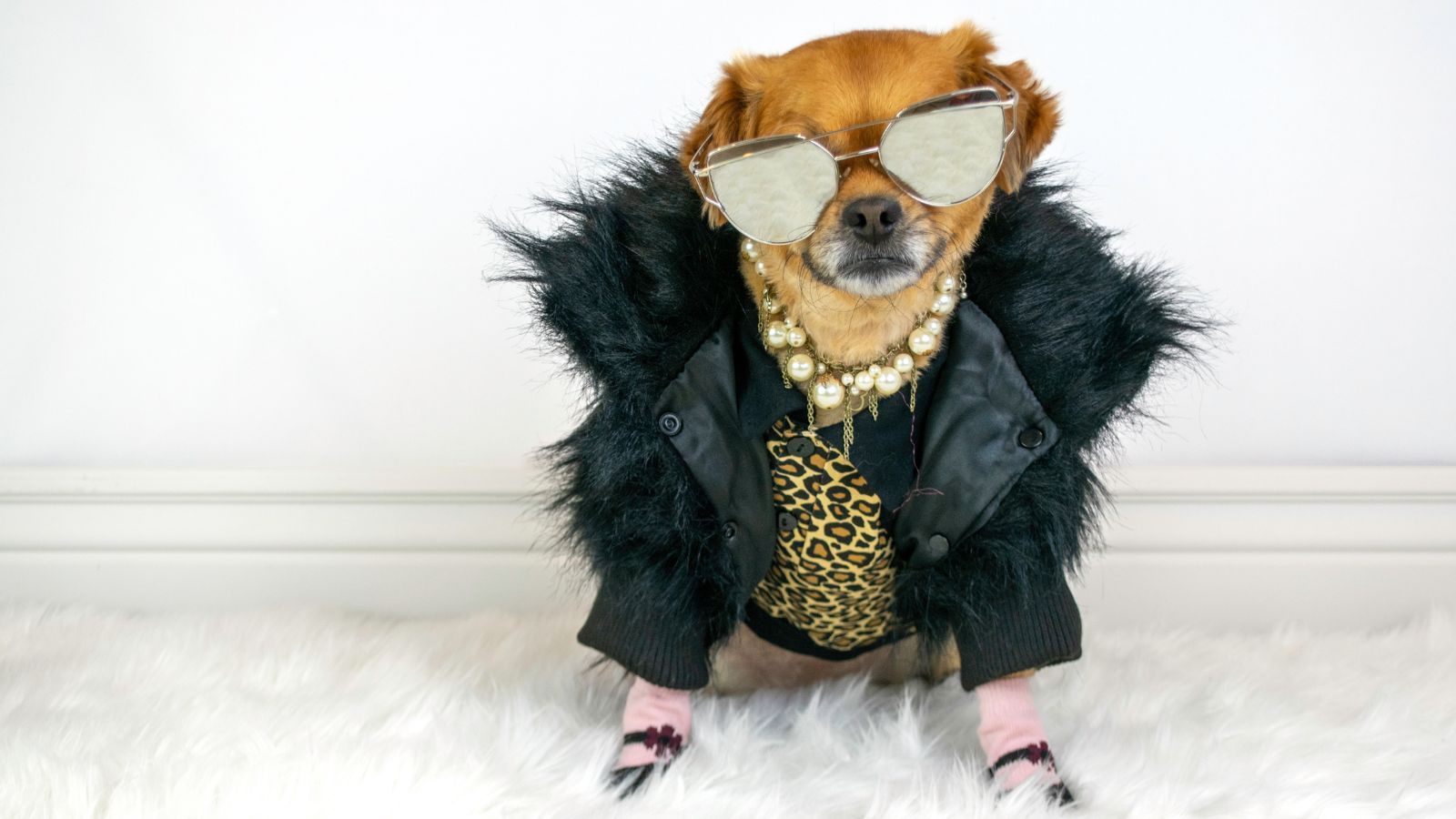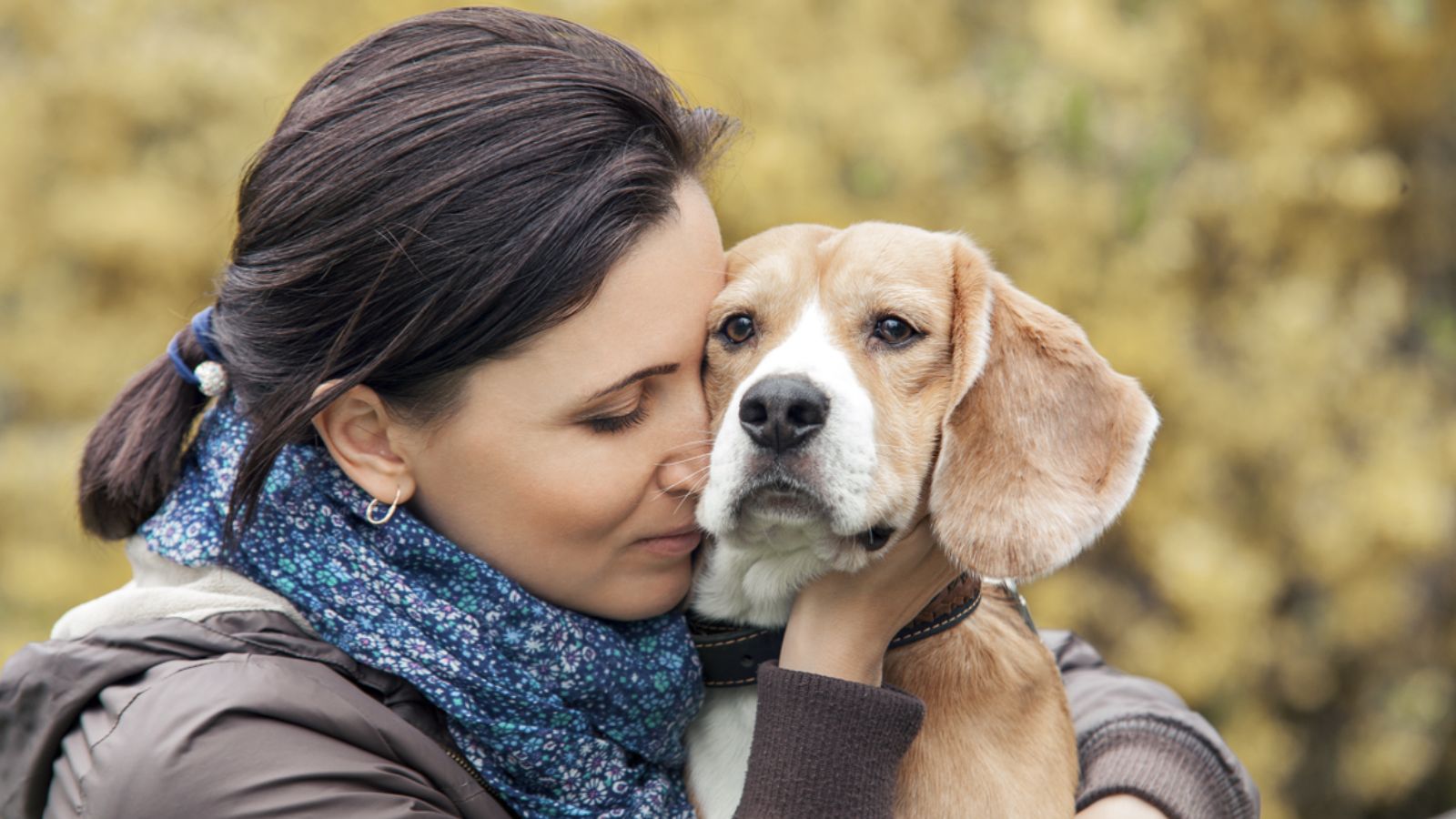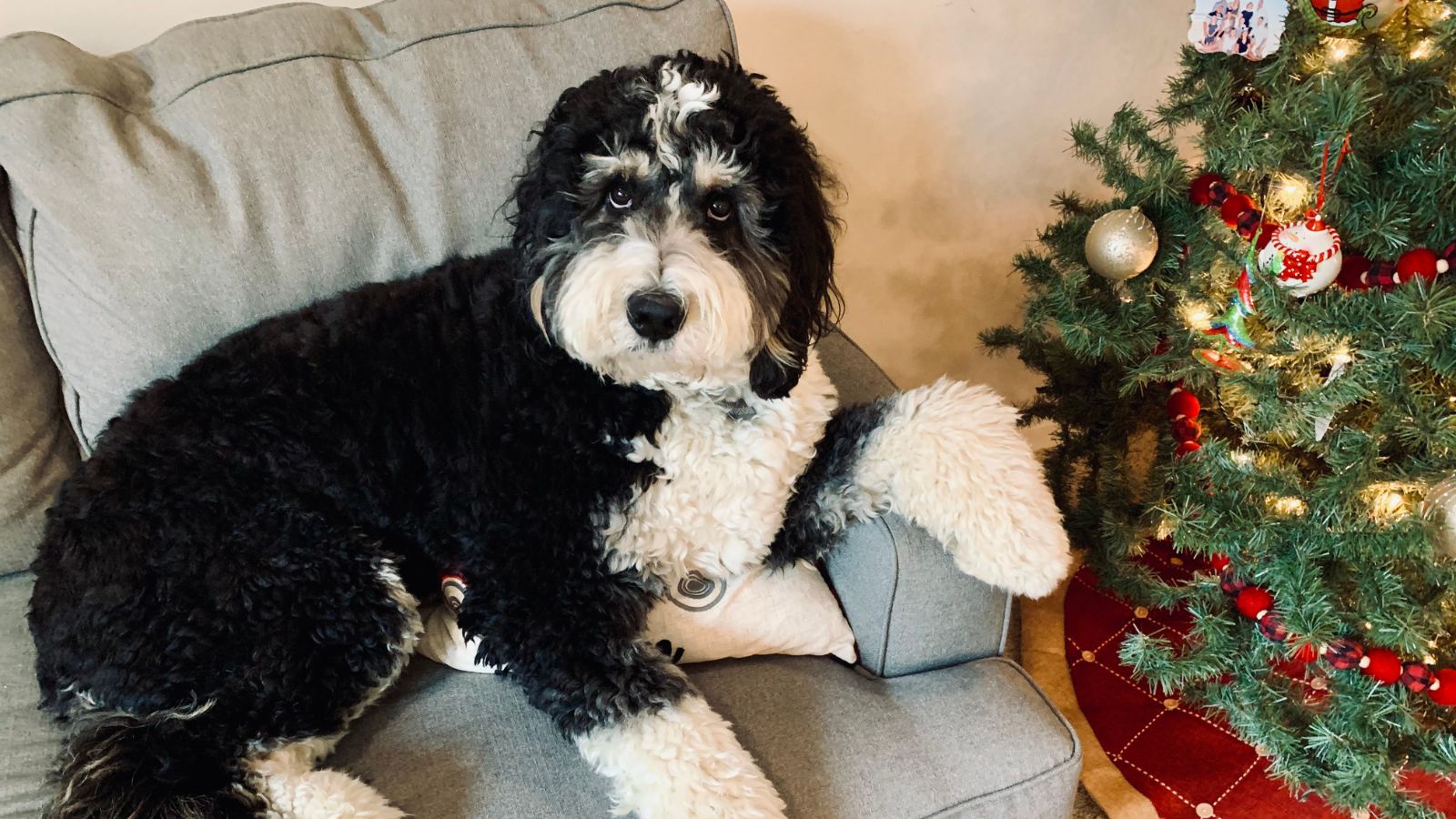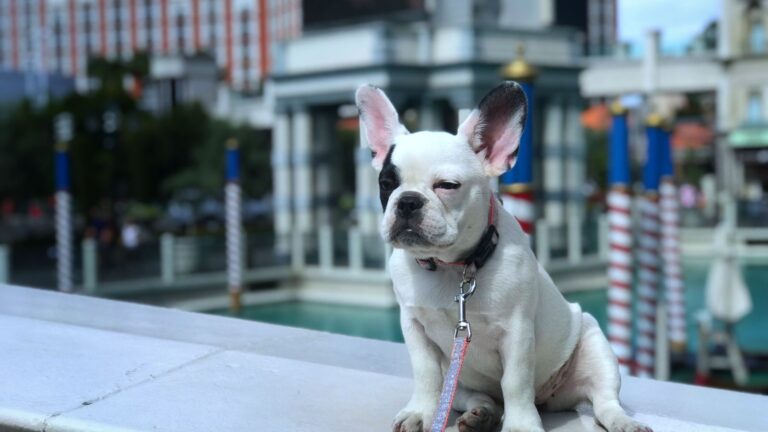As a devoted dog owner, your top priority is likely to ensure your furry friend’s happiness and comfort. Understanding what might unknowingly bother or stress your dog is key to their well-being. Here are 17 things dogs generally dislike, which may surprise you, and tips on how to avoid them.
Being Rushed During Walks

We all know that most dogs absolutely adore their walks. They use these adventures to explore and learn about their environment through smell. With that said, trying to rush them can get them frustrated. It’s best to let them make frequent stops to sniff and explore at their own pace.
Rough Handling

Some people are slightly rougher than others when it comes to handling dogs, including when petting them on the head or face. However, dogs can be sensitive to this. You should do your best to teach children and unfamiliar visitors how to gently touch your dog, avoiding areas like the ears and tail.
Lack of Structure

According to Dogology, “When a dog can rely on a safe routine, and they know that someone else (you) will take care of everything for them, they begin to learn to calm down and stop over-reacting.” Dogs really do thrive on routine and predictability in their daily lives, and sudden changes can cause them stress and anxiety.
Dressing Them Up

As much as you try to convince yourself that your dog doesn’t mind you playing dress-up with them, the truth is that most dogs are uncomfortable with clothing and costumes. It’s not natural for them and can restrict their movement and even overwhelm them.
Not Allowing Them to Sniff

Sniffing for dogs is essential—a critical way for them to perceive the world. So, preventing your dog from doing this can actually deprive them of mental stimulation and social updates from their environment. You should be encouraging them to sniff around.
Tight Leash Walking

It’s natural to want to keep your dog safe and close by, but a tight leash can signal tension and anxiety to your dog, which can cause them to become stressed. Instead, why not practice loose-leash walking? This allows your dog more freedom to explore safely.
Bath Time

A bath might be the most relaxing part of your day, but many dogs don’t actually like this experience. “There are a lot of new sounds, smells, and sensations bombarding your dog, which can amplify their anxiety,” says Rover.com. When you have to bathe them, use treats and praise to make the experience as positive as possible.
Strong Scents

Dogs may love to sniff everything—including some pretty gross things—but it’s said that they don’t like strong odors like perfumes, cleaning products, and spices. Their noses are very sensitive, and these smells can be overwhelming. We suggest you use milder, pet-safe cleaning products and avoid wearing strong perfumes around your dog.
Lack of Attention

You may think your dog is doing just fine while you’re going about your day, but it’s likely that they’re feeling neglected if not given enough attention. Seeing as they’re very social creatures, it’s best to regularly engage with your dog through play, training, and cuddles to reinforce your bond.
Overcrowded Spaces

Some dogs get excited at the prospect of lots of people, but most feel overwhelmed and anxious in this type of environment, especially if it’s noisy. We suggest providing a quiet, comfortable retreat for your dog in busy settings and gradually acclimating your dog to busier environments if necessary.
Being Hugged

This may sadden you to hear, but most dogs see full-blown hugs as restricting their movement, which can be intimidating. Children especially can cause anxiety in dogs when they hug too tightly, which may even lead to aggression. Instead of hugging, try showing affection through gentle petting, or let your dog snuggle up to you on their own will.
Loud Noises

Sudden, loud noises like yelling, thunder, or fireworks can cause anxiety and fear in many dogs, and continuous exposure to these noises can lead to desensitization or increased stress in your pet. It’s best to provide your dog with a quiet, safe space during noisy events.
Inconsistent Rules

Mixed signals from different family members can confuse and frustrate your dog, so it’s best to practice consistency in rules. For example, allowed areas, feeding times, and sleeping arrangements help reduce anxiety. “When you develop a routine for your dog, you’ll start to notice several positive changes in your dog’s overall health and well-being,” as per Dogster.
Direct Eye Contact

Do you love peering into your dog’s little eyes? Well, you may want to avoid it! Dogs actually interpret direct eye contact as a challenge or a threat. In particular, you shouldn’t do this to dogs you aren’t familiar with, though. Use side glances and blink often to make your interactions less intimidating.
Unfamiliar Guests

As shared by the AKC, “Even dogs who genuinely enjoy engaging with people may be stressed, nervous, or uncomfortable meeting new people.” They can get especially uneasy or defensive when strangers come to their homes. Be sure to introduce new people gradually and carefully.
Changes in the Family Dynamic

You may be excited about a new pet or baby, but your dog… not so much. Dogs can become stressed with significant changes at home! So, prepare your dog for changes by gradually introducing them to new family members and maintaining a routine.
Being Left Alone for Long Periods

Some dogs do better than others when left alone, but generally, it’s important to remember that they’re social animals and can get really anxious when nobody is around for long periods of time. If you know you’re going to be gone for a while, consider a pet sitter or a doggy daycare.

